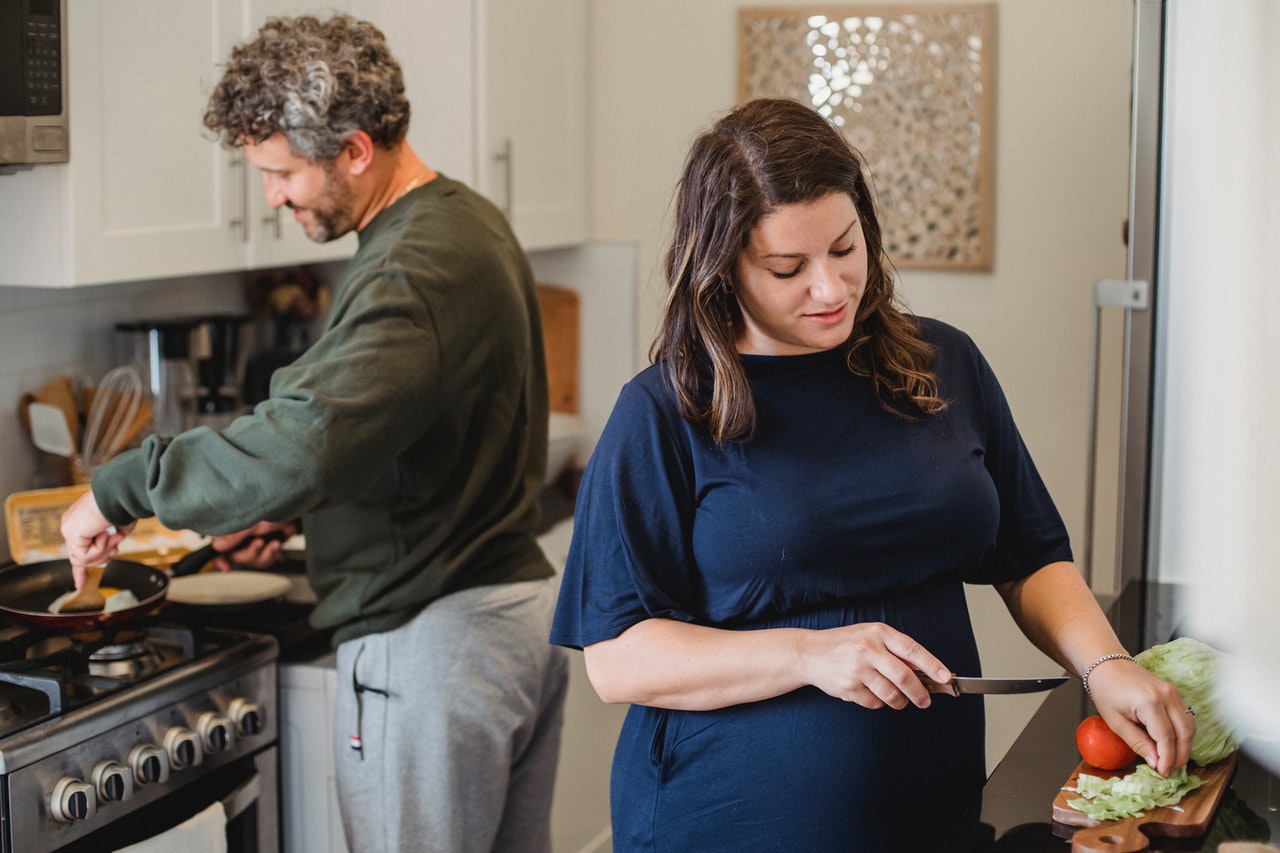Healthy relationships are characterized by mutual respect for both parties. When two people are in unhealthy relationships, one of them tries to exert control and power over the other through physical, sexual, or emotional means.
Individuality:
To be a happy couple, neither partner should be forced to compromise on who he or she is as an individual. Seeing friends and doing things you enjoy should not be curtailed for anyone.
Each spouse should be encouraging of the other’s desire to try new things or meet new people.
Healthy Relationships:
We should train teenagers to expect certain features in healthy partnerships.

They Are As Follows:
Honesty:
Honesty is the foundation for a strong relationship since it fosters mutual trust.
Controlling One’s Anger:
We’ve all been enraged at some point in our lives, yet how we deal with that anger can significantly impact the people around us. Take a deep breath, count to 10, or speak it out if you need help managing your anger.
Identifying And Fixing Issues:
A couple can improve their problem-solving skills by dating someone who can help them find new answers. By breaking a difficulty down into manageable pieces or by talking about the situation with someone.
The Ability To Effectively Communicate:
To avoid misunderstandings, both partners must communicate honestly and freely. If one individual must first sort out their emotions. Waiting until the other person is ready to talk is a sign of mutual respect.
Compromise:
When two people are dating, none of them will always receive what they want. Everyone should be open to hearing the other person’s side of the story and be willing to compromise.

Fairness In Combat:
Everyone gets into disagreements sometimes, but those who are civil, stay on topic, and avoid personal attacks are more likely to find a solution. If a discussion becomes tense, partners should step away from one another for a brief period.
Trust:
Partners should have confidence in one another and their abilities. Be willing to take the other’s side of the story when things go wrong.
Understanding:
Both partners must take the time to comprehend each other’s feelings.
Respect For One Another:
To be respected, both parties must esteem and respect the other’s identity and boundaries.
Self-confidence:
When the two people you’re dating have self-esteem, it’s easier to get along. It demonstrates that they are relaxed and accepting of other people’s viewpoints, rather than imposing their own. It may be beneficial to their interpersonal ties.
Couples who exhibit respect might motivate one another, friends, and family to do the same being an inspiration to others. A sexual relationship that’s both healthy and fulfilling.
While dating, couples engage in a sexual relationship that they are both happy with. No one feels compelled to participate in it, because compelled to engage in sexual activity against their will or without their consent.
When You’re In A Bad Relationship:
In unhealthy relationships, traits like contempt and control are commonplace. To prevent unhealthy relationships from spiraling out of control, young people must spot their warning signs early on.

Unhealthy Relationships Have The Following Characteristics:
Dishonesty:
One of the partners in a relationship tells lies or withholds information from the other. An affair occurs when one of the partners in a couple defrauds the other.
Dependence:
One of the people involved in a romantic relationship believes that he or she cannot survive without the other.
If the unhealthy relationships ends, he or she may make a serious threat.
Disrespect:
During a relationship, one partner makes fun of the other’s views and interests or even destroys something that belongs to the other person’s spouse.
Hostility:
Antagonizing the other dating partner is done by picking a fight with him or her. To avoid offending the other person, one of the relationship partners may alter his or her conduct.
Intimidation:
When two individuals are dating, one of them will be the one to propose. The one will try to exert dominance over the other by instilling fear or timidity in the other. Someone in a relationship may try to isolate their date from their friends and family or make violent or break-up threats.
Control:
Every decision is made and the other person is dictated to by their date, including where they should go and with whom they should hang out.
Jealousy and/or attempts to isolate the other spouse from friends and family make him/her unreasonable.
When Someone Is Physically Harmed:
Sexual violence occurs when one partner uses force to further his or her agenda. Without the other person’s knowledge or consent, one of the two dates is forced into sexual activity.
Before they start dating, should educate young people on the need for respect and the characteristics of healthy and bad relationships. Young people may lack the abilities needed to form and maintain good relationships.
It’s possible that you don’t know when or how to end a relationship gracefully. They may be able to establish more healthy relationships and see opportunities if they keep communication channels open. Knowing the warning signs of a bad relationship can help you stop violence in its tracks.
Breaking Up With Someone Who’s A Bad Match:
The right to good relationships is something you have a legal claim to. If someone treats you badly or exhibits any of these warning signs, run for the hills. You have options if you want to end that connection.
To Assist, You Can Utilise The Following Methods:
Inform a close friend or trustworthy adult about what’s going on. Choose a safe area to end the relationship if that’s your preference or meeting in a public area. If you’re worried about your safety, feel free to bring along a friend or family member.

You don’t have to keep repeating why you broke up with someone. Explain your reasons for leaving the relationship politely, and then move on with your life. Even if the relationship was dysfunctional or abusive, it’s normal to miss the other person.
Make a list of reasons why you broke up with them if you’re having trouble forgetting. In addition, you can seek support from a responsible adult, such as a parent, a teacher, a coach, or an academic advisor.
Speak with loved ones to get their support in helping you feel more secure and confident. You should keep a copy of any harassing texts you receive if you need to report the sender to the police. Create a private profile on each social media platform and invite your friends to do the same for you.
You have the option of calling a halt to the unhealthy relationships belief in your instincts is crucial. There’s a good chance you’re feeling unsafe for a cause. Don’t open the door if the individual shows up at your residence, school, or office.



